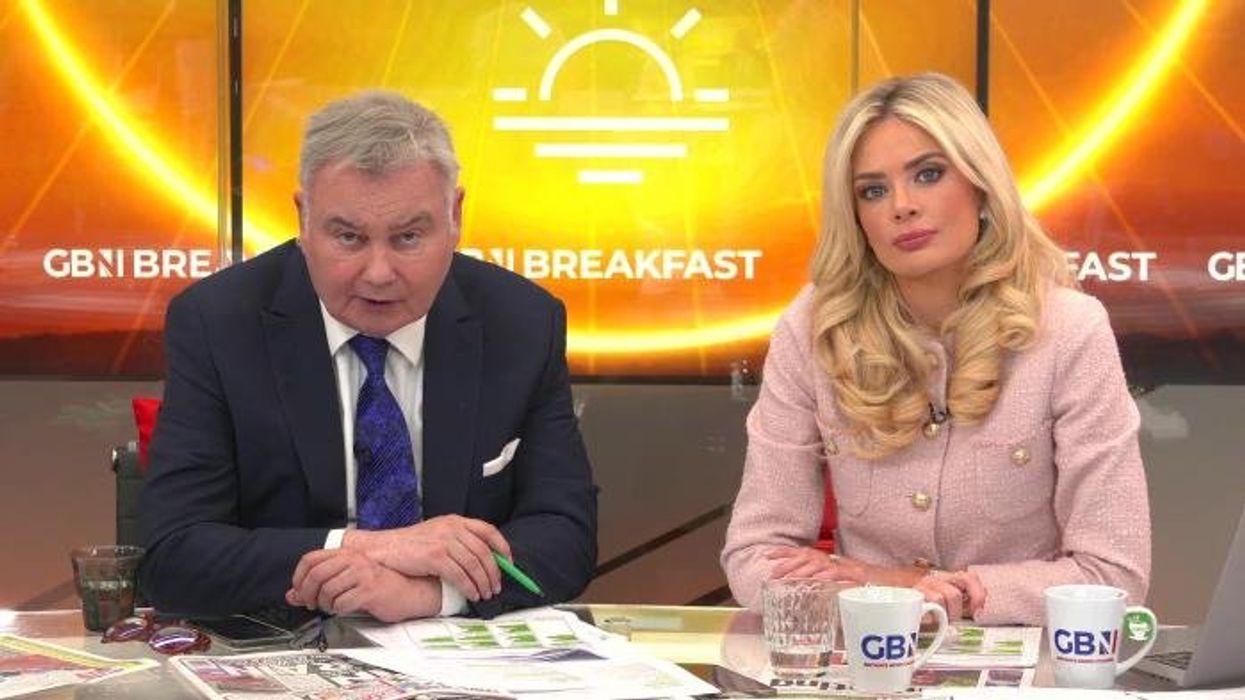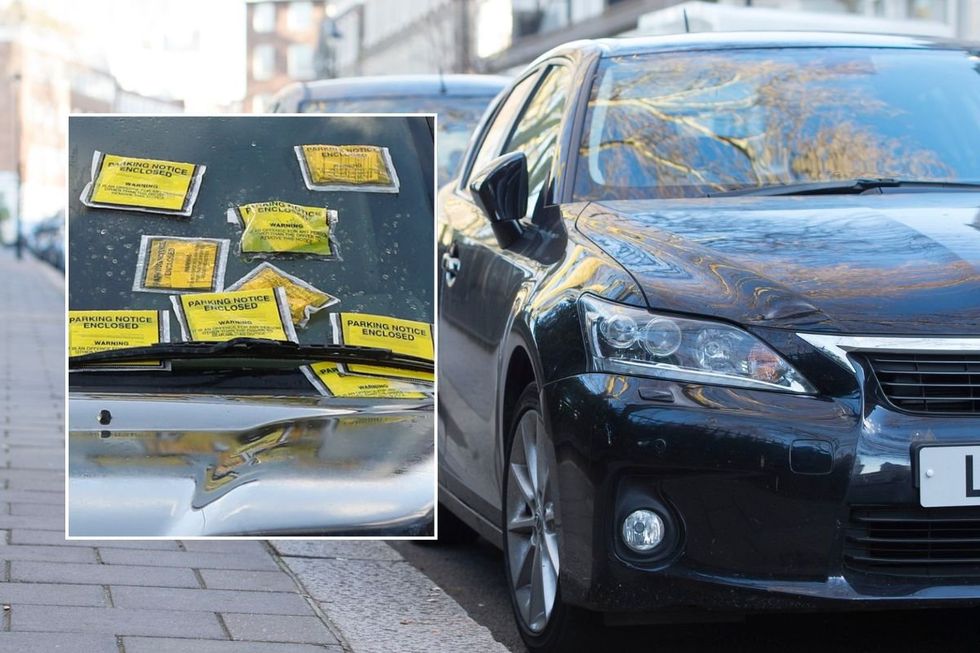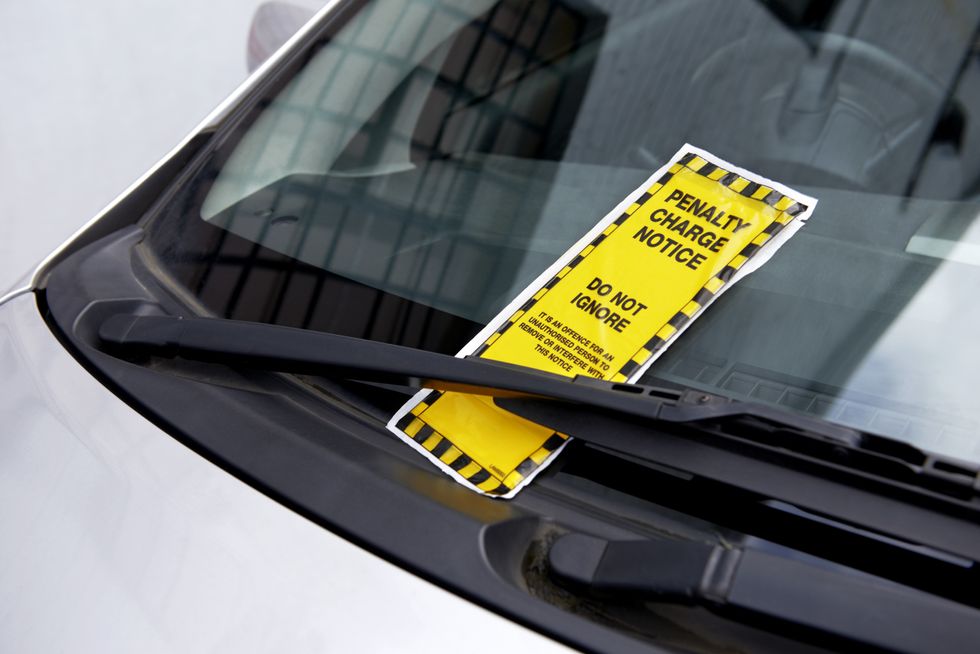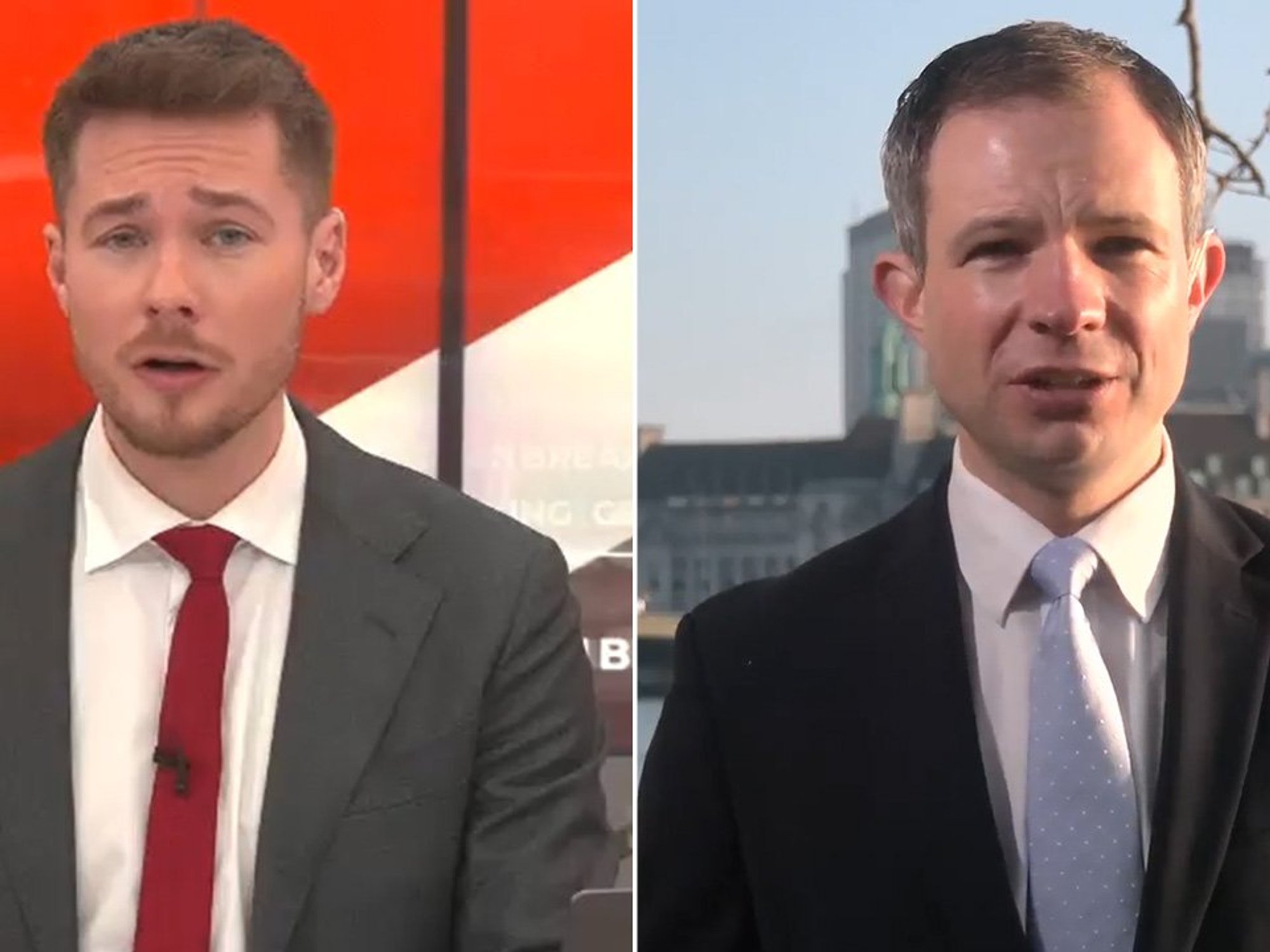Drivers ripped off as debt recovery fines see massive profits amid calls for fees to be scrapped

WATCH: Locals fume as parking prices on Yorkshire high street soar 500%
|GB NEWS

The AA said the profit margin for debt recovery firms was 'disproportionately high'
Don't Miss
Most Read
Companies that chase down motorists for unpaid parking fines are generating staggering profit margins of 63 per cent, according to new data.
The Ministry of Housing, Communities and Local Government revealed these businesses impose charges reaching £70 on each parking ticket, despite providing what officials describe as routine administrative services.
Government documentation indicates such profit levels match those typically achieved by cutting-edge technology companies, yet the services delivered involve basic tasks like establishing repayment schedules.
The ministry concluded that excessive profits suggest these companies wield disproportionate market influence, creating conditions that disadvantage consumers and pointing to fundamental market breakdown.
TRENDING
Stories
Videos
Your Say
Labour ministers are examining proposals for regulatory reform following an unsuccessful attempt by the previous administration to eliminate these charges entirely.
The Conservative Government sought to prohibit debt recovery fees through legislation introduced in February 2022, but parking firms mounted successful legal action that forced withdrawal of the measures within four months.
Current Government consultation papers suggest the existing £70 ceiling "is likely to be higher than can be reasonably justified", though officials indicate they require additional data before finalising new restrictions.
The AA's head of roads policy, Jack Cousens, argued the original proposal to eliminate fees entirely was "the right position" and criticised the revised approach as falling "short of the mark".

Debt recovery firms are making huge profits from parking tickets
|PA
Financial analysis by the MHCLG demonstrates that debt collection companies could operate sustainably with charges of around £26 per parking ticket, assuming payment rates remain constant.
This figure represents less than half the current maximum charge, highlighting the substantial markup imposed on motorists who fail to pay initial penalties.
Mr Cousens described the 63 per cent profit margin as "disproportionately high for the services provided" and emphasised the necessity for sector reform to achieve fairness.
He noted that certain private parking firms demonstrate excessive enthusiasm in transferring cases to debt collectors, even for minor infractions.
 The Government is expected to provide details on the Private Parking Code of Practice soon | GETTY
The Government is expected to provide details on the Private Parking Code of Practice soon | GETTYLATEST DEVELOPMENTS:
- Aston Martin issues profit warning as iconic British brand calls on Labour for 'more proactive support'
- M25 traffic: Drivers face 90-minute delays after major vehicle fire shuts motorway near Heathrow Airport
- BYD breaks records with 880% growth in car sales as UK becomes Chinese brand's largest overseas market
The British Parking Association firmly rejected the Government's profit analysis and demanded officials "publish the methodology behind these figures", claiming the calculations misrepresent the debt resolution industry's economics.
The trade body maintained that recovery charges serve primarily as "a fair and effective deterrent against deliberate non-payment" rather than profit generation.
RAC Foundation director Steve Gooding highlighted how Government-disclosed margins explain the proliferation of parking enforcement, with over 180 private firms now purchasing driver details from the DVLA to pursue motorists.
Recent data compiled by the PA news agency and the RAC Foundation revealed private parking companies issued 4.3 million penalties during the April-June period, marking a 24 per cent rise from the previous year.
Ministers have pledged comprehensive reforms to address what they describe as a private parking sector lacking transparency and adequate consumer safeguards.
An MHCLG spokesperson stated: "This Government inherited a private parking market that lacks transparency and protection for motorists."
It confirmed its private parking code of practice aims to elevate industry standards and ensure operators face proper accountability, with officials acknowledging they "share their frustration" with affected drivers.
Steve Gooding of the RAC Foundation argued that the sector's historical opacity and "ongoing reluctance to open its books to official scrutiny" demonstrate why Government intervention remains essential.










